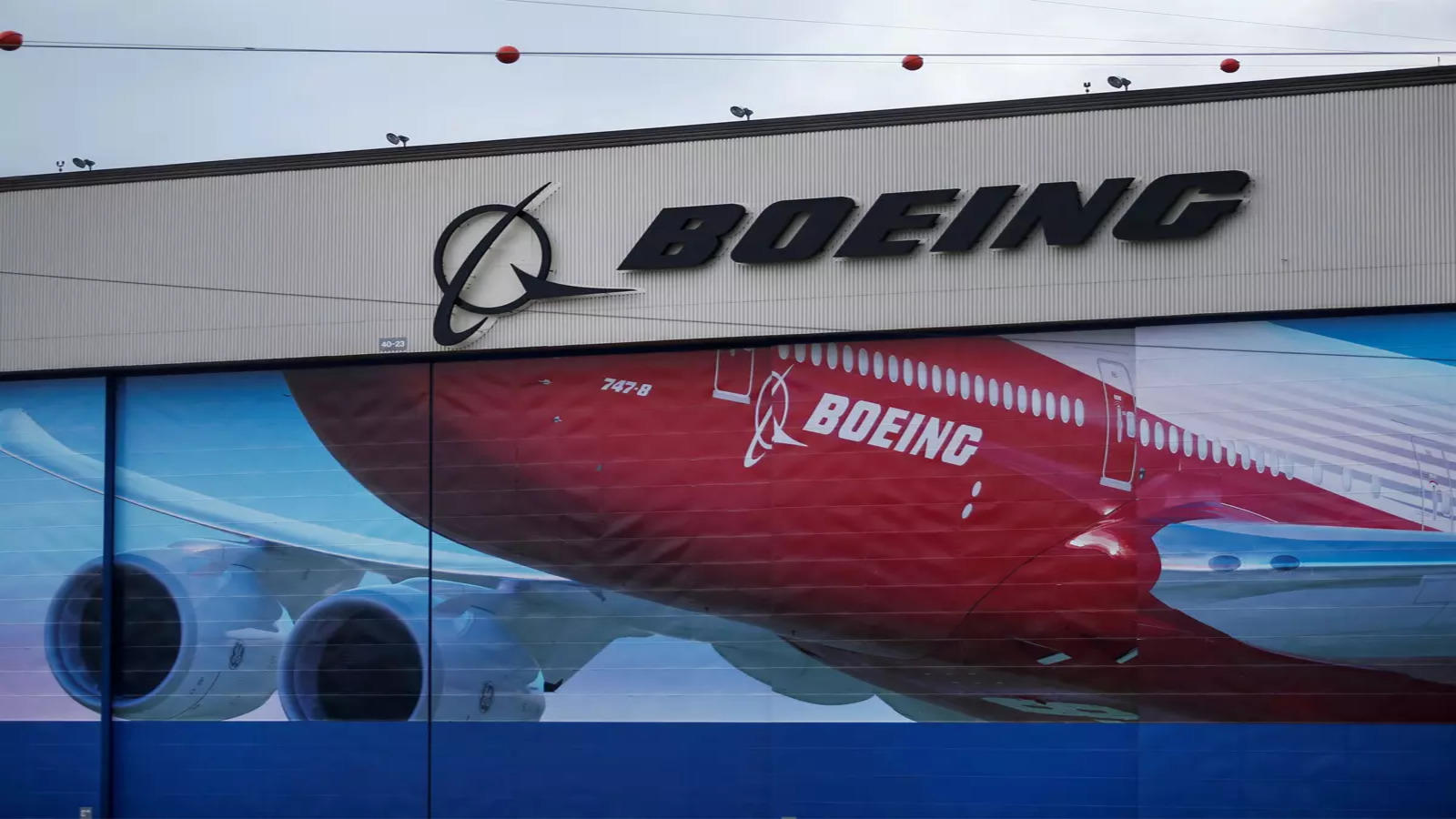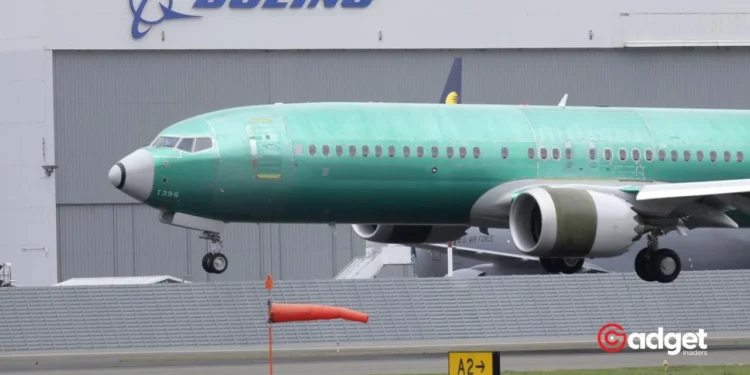In a solemn update from Charleston, South Carolina, the life of John Barnett, a former Boeing quality manager and whistleblower, concluded in tragedy. Barnett, 62, was discovered deceased from a self-inflicted gunshot wound inside his vehicle at a Holiday Inn parking lot on March 9, 2024.
This distressing incident occurred just as Barnett was involved in a critical deposition against Boeing—a company he had accused of compromising on safety standards.

A Closer Look at the Incident
On that fateful day, Barnett failed to appear at his scheduled deposition, prompting his attorneys and police to conduct a welfare check. The discovery by the Charleston police was grim: Barnett was found in the driver’s seat, a handgun in his possession, alongside a revealing note.
As the police have characterized it, this note contained messages that were critical of Boeing and hinted at the underlying problems that were bothering Barnett. Barnett’s death was determined to be a suicide by the Charleston County Coroner’s Office after an exhaustive inquiry into the circumstances surrounding his passing.
According to the contents of a notebook that was discovered in his truck, the investigation uncovered indications of “serious personal distress” on his part. Even though his legal team had previously reported that Barnett was in a positive mood, this final act offered a very different picture of his mental condition.

Barnett’s Battle with Boeing
Barnett’s relationship with Boeing had been fraught with tension since he publicly disclosed issues within the manufacturing giant. In 2019, he raised alarms about potential safety hazards in Boeing’s production line, specifically unsafe wiring clusters that could catastrophically fail if interfered with by metal slivers.
His revelations not only challenged Boeing’s internal practices but also attracted significant media attention, adding to the public scrutiny of Boeing’s operational standards. Despite reassurances from Boeing officials, who insisted on the integrity and safety of their operations, Barnett’s accusations were followed by a series of safety and quality failures.
These included an incident in January when a door plug blew out on a 737 Max shortly after takeoff, leading to heightened regulatory scrutiny and potential criminal charges against Boeing for a pattern of safety violations.
Boeing’s Response and Continuing Controversies
Boeing expressed sorrow over Barnett’s death, extending sympathies to his family and friends. However, the company has been under continuous scrutiny for its safety practices, especially after Barnett’s claims were linked to broader concerns about quality control in aircraft manufacturing.
The implications of his accusations have stirred ongoing debates about corporate accountability and safety in the aerospace sector.

Reflections and Moving Forward
As the Charleston police close their investigation into Barnett’s death, the broader implications of his disclosures continue to resonate within and beyond the aerospace industry. The tragedy of Barnett’s demise serves as a stark reminder of the personal toll that whistleblowing can exact on individuals, especially when they stand alone against corporate giants.
The aerospace community and its observers are left to reflect on the enduring questions about safety and integrity raised by Barnett’s tragic end. His legacy, marked by a relentless pursuit of truth and safety, challenges the industry to uphold the highest standards, ensuring that the lessons from his life and death are not forgotten.









